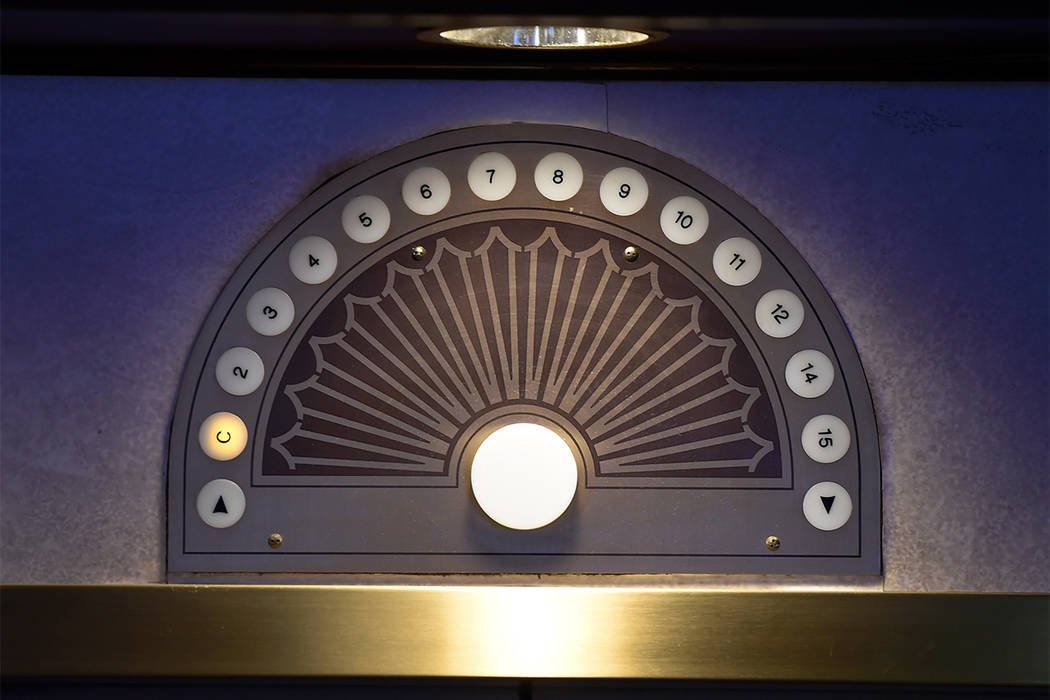Audit reveals over 4K Nevada elevators lack safety certification

The findings of a state audit may have you taking the stairs instead of an elevator in Nevada.
A new audit revealed that nearly 35 percent of elevators operating in Nevada — about 4,360 — did not have safety certificates in June 2017. Safety inspections and certifications are done annually, so some of the elevators may have since been certified, but information on current certification was not available in the audit.
“The Division does not take reasonable steps to ensure elevators and boilers have certificates to verify operating safety,” state auditors wrote in a 22-page report presented last week to Nevada lawmakers. “Some of these objects operated for years without a valid operating certificate.”
To resolve a backlog of inspections, the state in 2015 outsourced inspections, but the audit said the Division of Industrial Relations — which regulates elevators, boilers and mines — failed to provide oversight.
“We found operating certificates were not issued for one of three reasons,” said Shannon Ryan, an audit supervisor. “A routine inspection was not performed, violations were not cleared or fees were not paid.”
The report, presented to the legislative commission’s audit subcommittee on Wednesday, triggered alarm from legislators.
“The last thing we want is to be top-of-the-fold someplace saying we had an elevator fail in a prominent place in Southern Nevada,” said Assemblywoman Maggie Carlton. “It would not be good for any of us, including the people who were in the elevator. I’m concerned that by outsourcing this we’re not getting what we thought we were going to get.”
Ray Fierro, interim administrator of the division, said the contractors did not properly follow up with elevator owners and failed to provide required reports to the state.
“We’re now building that relationship with the owners instead of relying on the third-party inspectors,” Fierro said.
The audit also found that 1,188 boilers were operating without a certificate and that the division lacked procedures to ensure mines are inspected annually and safety hazards are resolved. Since the elevator and boiler operating certificates were not issued, the division did not collect an estimated $1.4 million in fees.
According to the audit, the division failed to ensure elevator safety violations were resolved. These violations are a “clear warning” that the elevators or boilers are not operating normally and may be unsafe, the report found.
Auditors also said 90 elevators and boilers constructed since 2005 never received a final inspection to ensure they were built safely and met standards. The policy is meant to protect the public from substandard materials or workmanship.
The division also has no process for identifying expired or soon-to-be-expired certificates.
Fierro said that state officials will now take the lead in notifying elevator owners about upcoming inspections and due dates for resolving violations and that it will start billing them before inspections.
“It really goes to the lack of follow-up, both on the third-party inspectors and the state,” Fierro said. “The state is now being proactive instead of reactive.”
Contact Ramona Giwargis at rgiwargis@reviewjournal.com or 702-380-4538. Follow @RamonaGiwargis on Twitter.